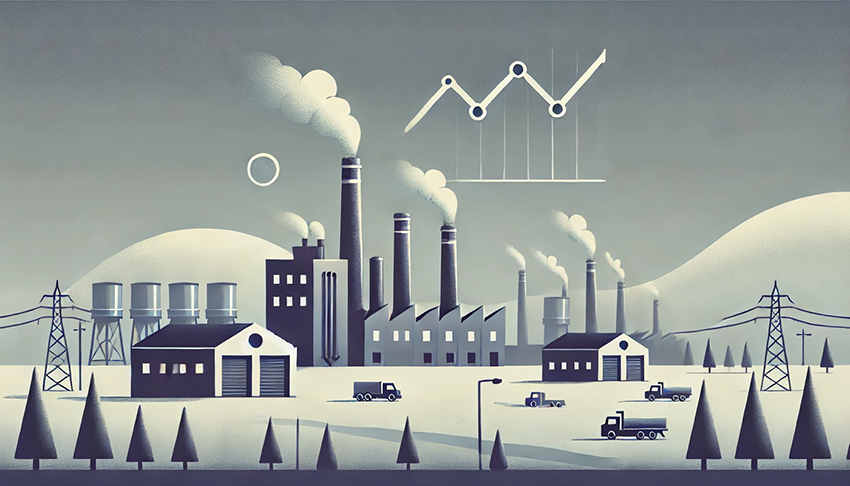2025-05-26
logistics

The Czech industrial real estate market showed encouraging activity in the first quarter of 2025, with gross realised demand rising above the five-year average. Although the pace of new completions remains below average, a significant volume of projects is under active construction, suggesting a potential rebound in supply during the year. According to the latest market survey by Colliers, 155,900 m² of new space was completed in Q1 2025—slightly above last year’s Q1 but still 17.6% below the five-year average. However, over 1.6 million m² is now under construction, with 646,700 m² scheduled for completion this year. An additional 551,000 m² is in shell & core condition, ready to be completed once tenants are secured. These buildings could be delivered within three to six months following lease agreements. Shell & core space has grown significantly, increasing by 51% year-on-year. In total, the Czech industrial property market now comprises approximately 12.44 million m² of space, marking a 4.7% increase compared to the same period last year. Alongside projects currently under construction, there are also 2.6 million m² of projects with full permits awaiting tenants, and another 2.8 million m² in advanced stages of the permitting process. The total volume of planned space now stands at approximately 5.4 million m², up 16.5% year-on-year. The official vacancy rate remained unchanged for the third consecutive quarter at 3.1%. However, including space in shell & core condition, the adjusted vacancy rate reaches 6.8%, which is higher than some neighbouring markets. Subleases by logistics companies also contribute to untracked vacancy levels, although exact figures remain difficult to quantify. Total leasing activity reached 511,600 m² in the first quarter, surpassing the five-year average. Much of this was driven by renegotiations rather than new leasing activity. Net take-up accounted for just 38% of the total volume. The largest transaction was a lease renegotiation involving 147,000 m² by a logistics company at Prologis Park Prague-Jirny. Other notable deals included a 40,000 m² pre-lease by Linde Wiemann at Industrial Park Nymburk and a 31,900 m² lease renegotiation by DHL Supply Chain at Panattoni Park Cheb. Logistics companies were the dominant tenant group in Q1, representing 62% of activity. Manufacturers accounted for 23%, and the remaining 15% came from distributors and other users. Rents remained stable during the quarter. Prime industrial rents ranged between €7.00 and €7.50 per square metre per month, unchanged for three quarters. Office rents were between €9.50 and €12.50 per square metre per month, with service charges typically falling between €0.75 and €1.00. However, tenants are seeing improved leasing terms, with landlords offering more generous incentives across regions. External risks remain a factor in the market’s outlook. Trade tensions between China and the United States, as well as uncertainty surrounding transatlantic tariffs, have not yet had a direct impact. However, the outlook for the German economy—the Czech Republic’s main trading partner—is becoming less certain, with no growth forecast for 2025. This could contribute to a more cautious economic climate in the Czech Republic. The International Monetary Fund has already revised its GDP forecast for the country downward. Despite these risks, there is continued investor interest in smaller markets like the Czech Republic, which are perceived as offering more stable returns compared to larger, more volatile economies. A slower external environment may even drive domestic investment, especially in infrastructure and industrial capacity, as companies seek to diversify supply chains and reduce dependence on major economies.

